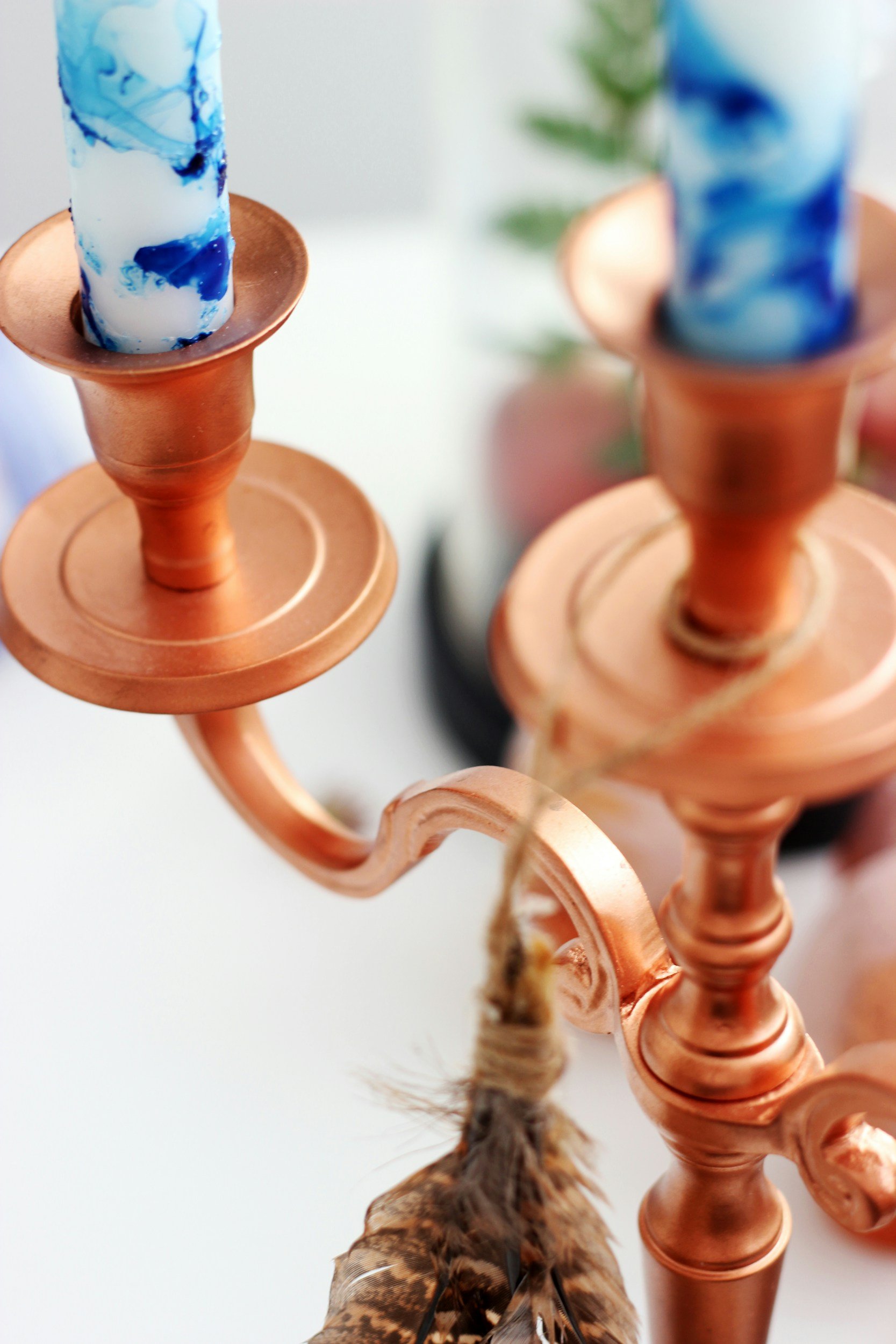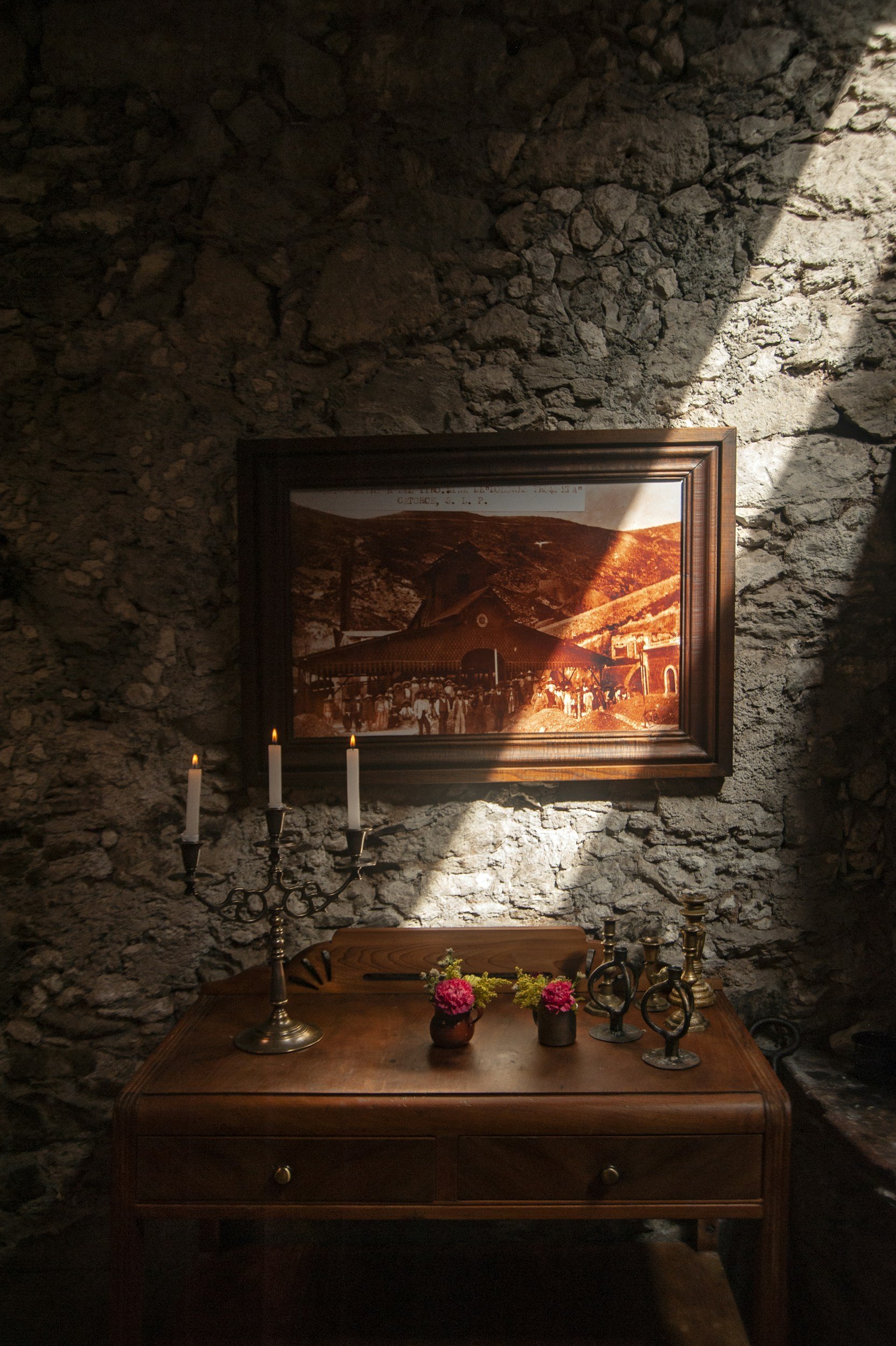What Kind of Items Should be on Your Odinani Altar?
Setting up an Odinani altar is a deeply personal process, and there’s no one-size-fits-all approach. Your altar can be placed anywhere—indoors, outdoors, on a shelf, in a dedicated space, in a corner of a room, or even in a plant pot. What matters most is that it resonates with you and aligns with your spiritual practice.
If you're wondering what items to place on your Odinani altar, we’ve highlighted some foundational elements in this post to consider.
Representing the Four Elements
A great starting point is incorporating items that symbolize the four major elements—Water, Earth, Fire (Light), and Air.
Water: This can be as simple as keeping a glass, clay, or ceramic bowl or cup of water on your altar.
Earth: You can use rocks, crystals, salt, nzu (kaolin clay), flowers, plants, sand, or anything else that comes from the earth.
Fire: Candles are the most common representation, but direct sunlight in your sacred space can also serve the same purpose.
Air: Try to make sure that your altar is in a well-ventilated space where air flows freely. Burning incense, using natural perfumes, or placing evaporative air fresheners can also represent the air element.
Totems, Symbols, and Sacred Representations
Your altar should hold items that reflect your spiritual path, energies, or deities you connect with. These can include:
Carvings or images or symbols of deities or ancestral spirits or spirit animals you honor.
Sacred tools such as bells, staffs, sages, traditional items or divination items.
Natural elements like feathers, seashells, or seeds that hold symbolic meaning for you.
Personal emblems—this could be anything meaningful, such as jewelry, beads, or handwritten affirmations.
Personal Items That Hold Meaning
Your altar should reflect your unique spiritual journey. Feel free to add:
Pictures of ancestors or loved ones for ancestral veneration.
Objects of significance—items that hold sentimental or spiritual meaning.
Money or currency notes if you are channeling material abundance.
Keep It Personal & Evolving
Don’t overthink what to place on your altar. Your sacred space will grow and evolve with you. The key is intention—choose items that truly resonate with your spirit and values. Your altar should be a reflection of you, not a replica of someone else’s practice.
Take your time, trust your instincts, and let your altar be a sacred space that nurtures your spiritual journey.
Recommended Resources:
How to set up a simple altar and what to do after set up | Nwanyị Amaechi Okunano (YouTube)
The Role of Ancestor Altars in Maintaining Family Legacy | Dibia Nwangwu Uchendu (Blog)
The Need Of Altar For Spiritual Connectivity | Dibia Nwangwu Uchendu (Blog)



